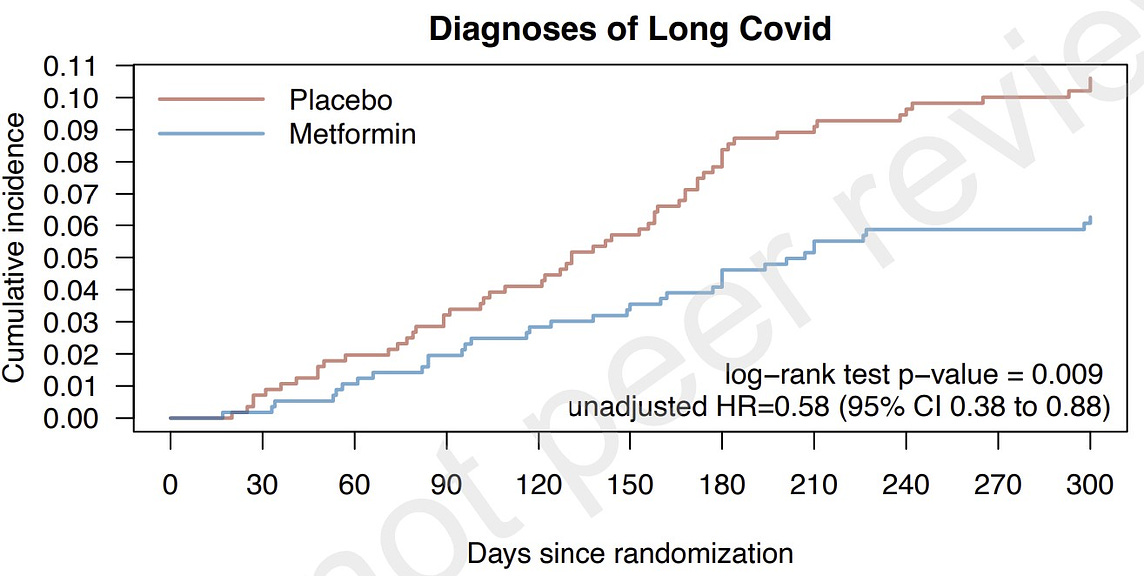Kentucky Health News
Republicans in the Kentucky House and Senate voted Wednesday to override Democratic Gov. Andy Beshear's veto of Senate Bill 150, which bans gender-affirming care for trans youth and sets rules around how issues of sexuality should be addressed in schools.
The Senate voted 29-8 to override the veto, with one Republican voting against the override and one Democrat changing her vote. Soon after, the House voted 76-23 for the override, with four Republicans voting against the measure and one Democrat voting for it.
Protesters were chanting loudly from the halls while the Senate overrode the veto. In the House, protesters in the galley yelled, "Henry, Zachee -- they should be with us today."
This chant was in reference to Sen. Karen Berg's 24-year-old transgender son, Henry, who died by suicide in December and the shooting death of a Louisville transgender woman, Zachee Imanitwitaho.
Kentucky State Police arrested 19 of the protesters, according to the Lexington Herald-Leader.
"KSP gave each individual the option to leave without any enforcement action or be placed under arrest,” Capt. Paul Blanton, a KSP spokesperson, told the Herald-Leader in a prepared statement.
Earlier that morning, hundreds of LGBTQ+ youth and their supporters rallied to ask the lawmakers to not override Beshear's veto.
Before being removed, the protesters in the House were so loud that it was difficult to hear the lawmakers explaining their "no" votes during the veto override, even with their efforts to be heard.
Senate Bill 150, sponsored by Sen. Max Wise, R-Campbellsville, would ban gender-affirming treatment for Kentuckians under 18, including surgeries and puberty-blocking hormones, even if parents want the treatment for their children.
It would bar schools from requiring teachers to use a transgender student's preferred pronouns, keep trans students from using bathrooms that fit their gender identity, and bans instruction that explores "gender identity, gender expression or sexual orientation," among other sex-education requirements.
Wise focused his comments on the school-related requirements, with little said about the bans on gender-affirming care for trans youth.
"The goal is to strengthen parental engagement and communication in children's education while protecting the safety of our children," he said while explaining the bill on the Senate floor.
“I’ve had countless number of people coming up to me from both sides of the aisle to say, ‘Thank you for standing up for common sense. Thank you for standing up and being willing to stand in that gap, to be willing to take whatever it is thrown our way,’’ Wise said on the Senate floor while explaining the bill. “If it’s hit jobs from newspaper activists, if it is for standing up for parents, for those that do not show up here in committee meetings to testify because they’re working and because they are also dependent upon us in a representative democracy, that we can make common sense decisions here that protect our children.”Berg opened her remarks by reading the words her son, Henry Berg-Brousseau, wrote for the Human Rights Campaign that was published the day before he took his life.
"To say this is a bill protecting children is completely disingenuous. And to call this a parent rights bill is an absolute despicable affront to me personally," she said. "We are denying families their physicians and their therapists the right to make medically informed decisions for their families. Not a single reputable society, National Medical Society in this country, supports what we are doing today. The data at this point is unequivocal. The misinformation is appalling. Appalling that you allow this information to stand.""To all the trans youth who may be affected by this legislation: we stand by you, and we will not stop fighting. You are cherished. You are loved. You belong," the American Civil Liberties Union of Kentucky said in a statement. "To the commonwealth: we will see you in court."
"SB 150 will protect the lives of Kentucky children by setting policy in alignment with the truth that every child is created as a male or female and deserves to be loved, treated with dignity, and accepted for who they really are," Family Foundation executive director David Walls said in a statement.






























